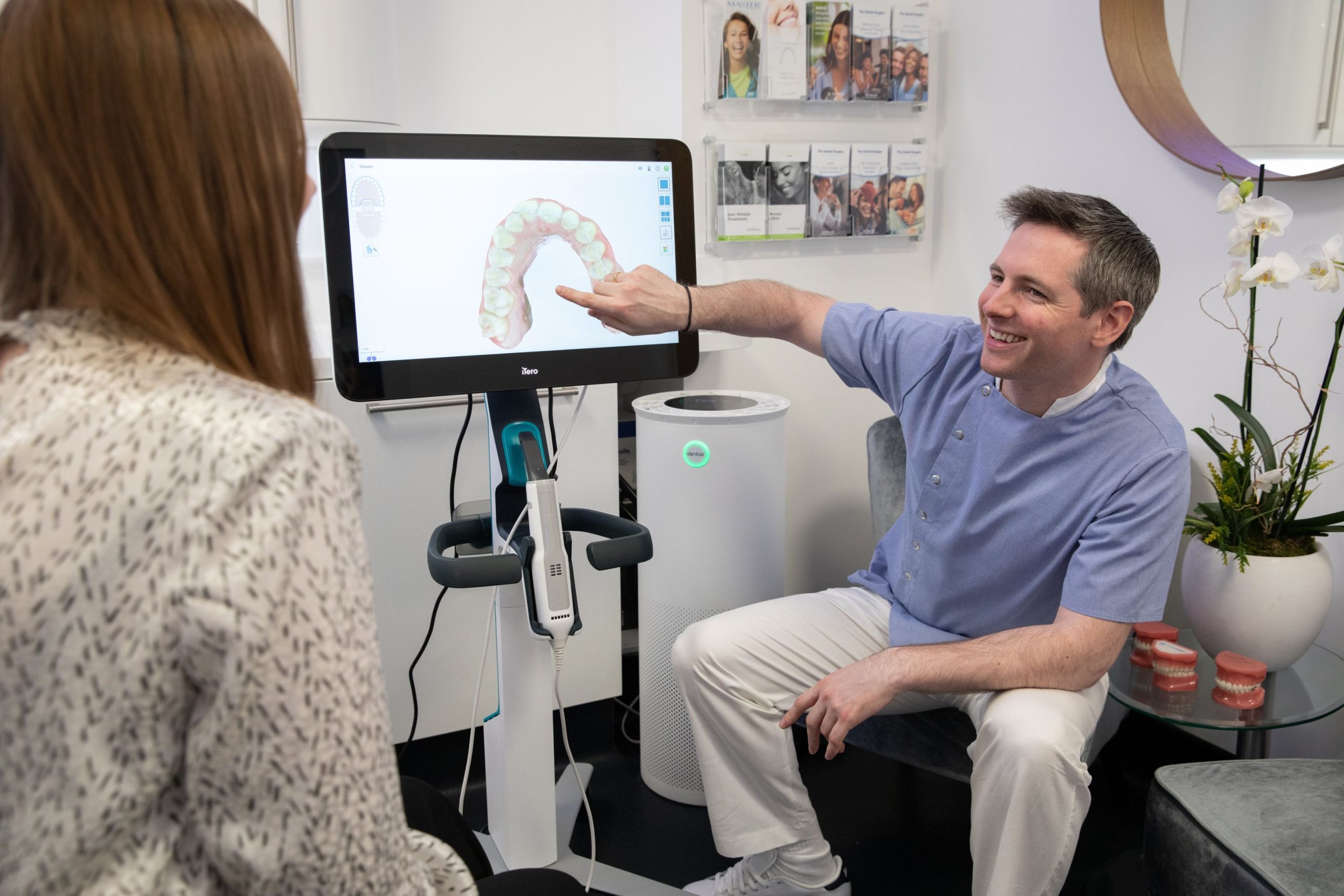- Categorised as:
- Dental Hygiene
- General Dentistry
Where Does Mouthwash Fit In Your Oral Care Routine?
A common misperception is that mouthwash is a necessity in your oral care routine, we explain why this is true only in some cases, but not all.
What are the Mouthwash Myths?
Everyone knows to brush twice a day, most people know they should floss and use interdental brushes (even if many neglect this task) and many think that using a mouthwash will complete the perfect at-home oral care routine. This last part would be wrong!
Unless advised by your doctor, dentist or hygienist for a specific medical reason (some of which we will touch on below), the use of mouthwash is not a requirement to keep your gums and teeth healthy.
Although your mouth may feel fresher after using a mouthwash, it will do little to actually address the causes of issues such as bad breath or dental erosion. Just like merely throwing soap on a car won’t clean it – mouthwash does not remove plaque.
There are occasions when mouthwash may come in handy or when it is prescribed by a medical professional.
What are the Different Types Of Mouthwash?
When considering a mouthwash it’s important to check the ingredients. The bottle may claim “fresher breath” or “whiter teeth”, but unless it contains fluoride there is little benefit to your mouth.
Another key ingredient to look out for is cetylpyridinium chloride which is found in a lot of mouthwashes and may cause staining of the teeth and irritation.
Antibacterial mouthwashes containing chlorhexidine may be prescribed for short term treatment of gum inflammation (gingivitis) or to prevent infection following certain dental procedures such as an extraction but may cause staining and so is not advised for everyone.
Bear in mind that this type of mouthwash can also destroy the “good bacteria” in your mouth which can weaken your oral microbiome and lead to tooth decay.
Many mouthwashes include acidic stabilizing agents to prolong the shelf life, however these acids can eat away at your tooth enamel making them more susceptible to decay and doing more damage than good.
People on some types of medication may experience severe dry mouth and sensitivity and may find that mouthwash helps provide extra fluoride and combat xerostomia.
Steer clear of alcohol-based mouthwashes as these may exacerbate dry mouth and lead to irritating sores.
Chewing sugar-free gum may be a better alternative to mouthwash in some instances as it neutralizes the acid in the mouth by stimulating saliva production.
When Should I Use Mouthwash?
If you have been using mouthwash forever and find it hard to think about phasing it out of your daily routine, we recommend the mouthwash
Fluorigard which is alcohol free and contains fluoride.
Stick to using it after meals to wash away food particles and as a quick boost of “freshness” when you’re not able to brush your teeth.
Don’t use mouthwash when you have just brushed your teeth as you may risk washing away the fluoride from the toothpaste which is the key element in protecting your teeth.
What Next?
Masking a dental concern such as bad breath and not following proper advice on cleaning teeth and keeping regular visits to your dentist and hygienist may lead to larger issues in your mouth.
Why not start the journey to fresher breath and clean teeth now and book your appointment at The Dental Surgery?
Do you have a specific question?
Get in touch with us today.



